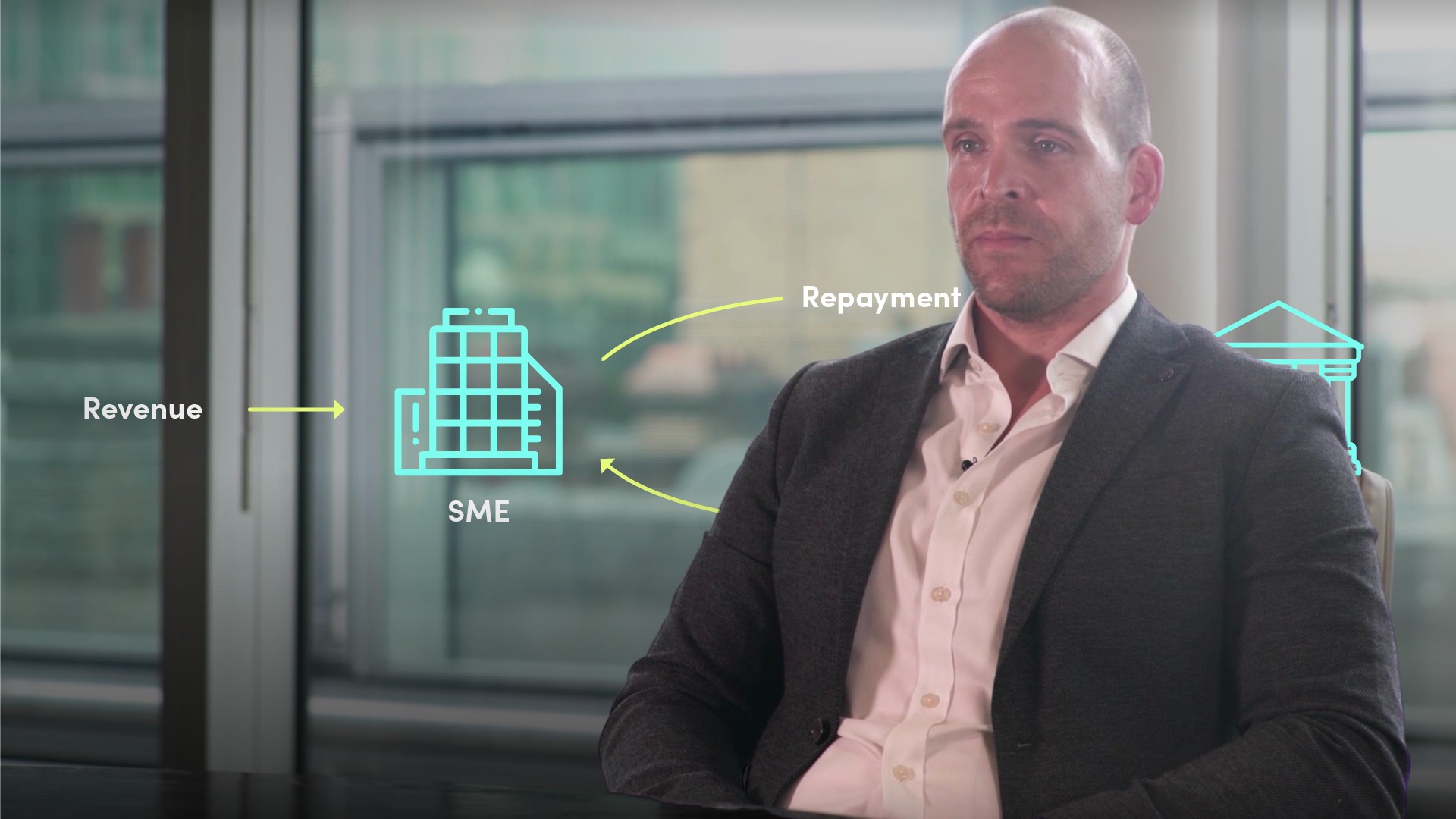
Fintech Disruption in the Payments Landscape

Michael Bond
15 years: Financial technology & banking
Fintech is becoming increasingly important in the sphere of payments. Michael explains how technology can increase competition and make the market more efficient for consumers.
Fintech is becoming increasingly important in the sphere of payments. Michael explains how technology can increase competition and make the market more efficient for consumers.
Subscribe to watch
Access this and all of the content on our platform by signing up for a 7-day free trial.

Fintech Disruption in the Payments Landscape
14 mins 56 secs
Key learning objectives:
Understand the difference between Fintechs and banks
Outline Fintech's unique value proposition to consumers
Identify the evolution of Fintech moving forward
Overview:
The urge for everything to be frictionless, quick, easy, simple is proving challenging for banks to adapt. Fintechs serve as a major market disruptor to banks and payment services. Their technology-driven platforms spur innovation within the industry and serve as convenient services for consumers worldwide. We will continue to see a number of new entrants that continue to use the existing infrastructure and the rails provided by banks and will make losses as they try to scale to gain consumers.
Subscribe to watch
Access this and all of the content on our platform by signing up for a 7-day free trial.
Subscribe to watch
Access this and all of the content on our platform by signing up for a 7-day free trial.

Michael Bond
There are no available Videos from "Michael Bond"



























